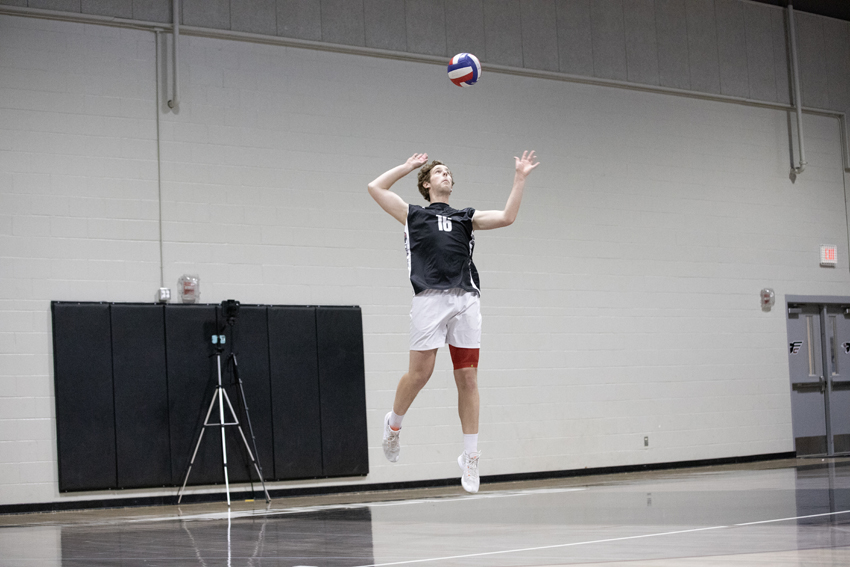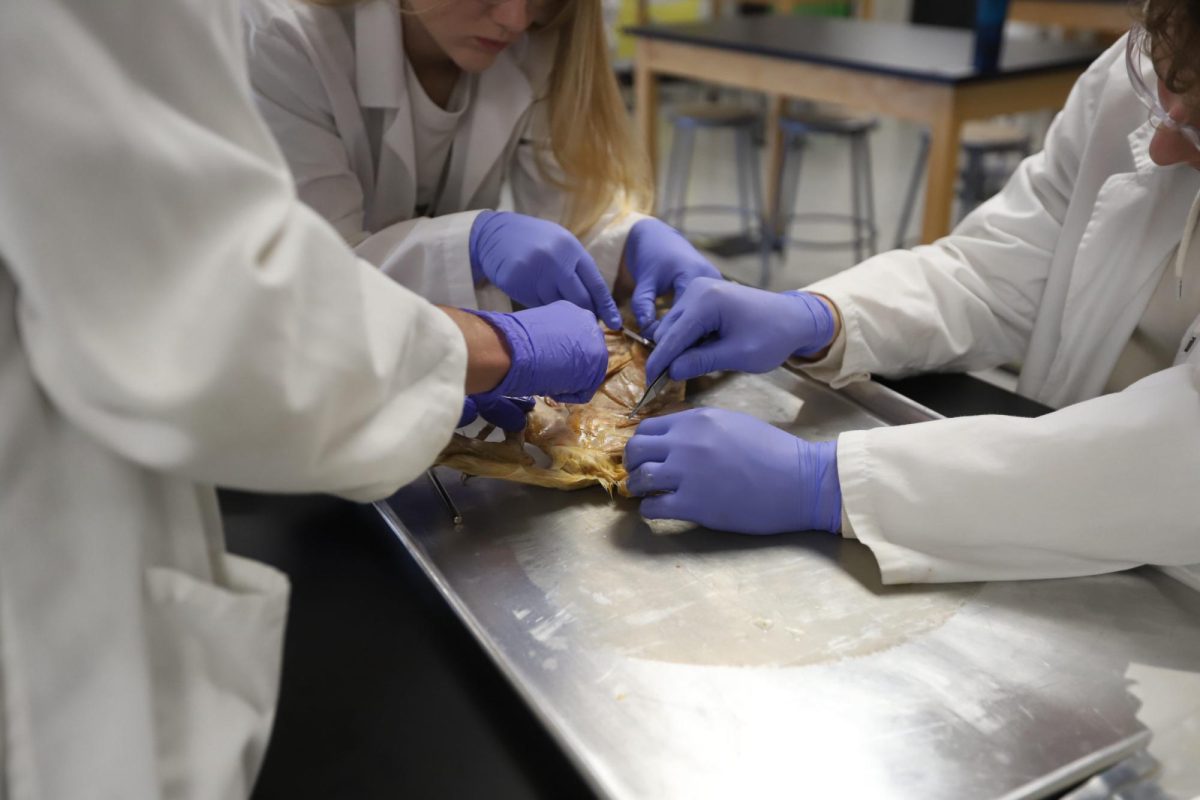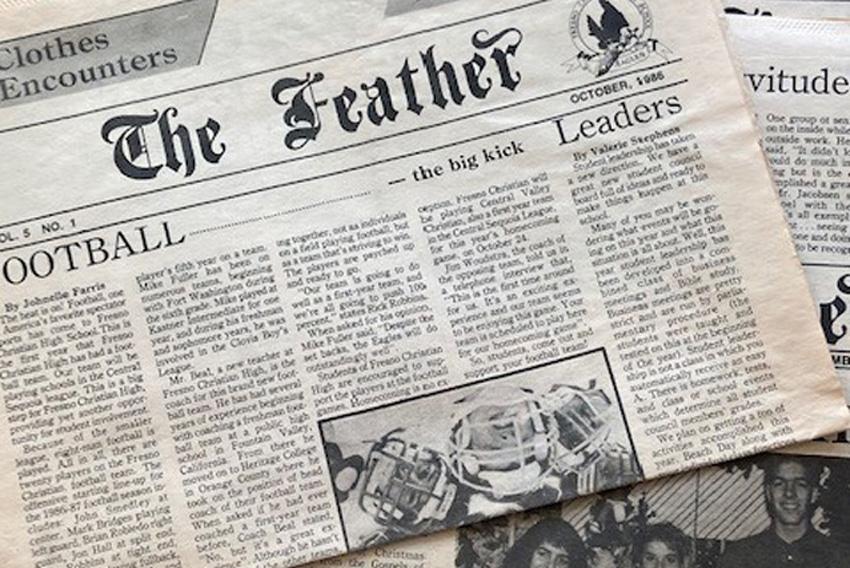Research suggests specific hours of inactivity for brain health

In 2014, the National Sleep Foundation (NSF) found that 35 percent of Americans report their sleep quality as “poor” or “only fair.” Twenty percent of Americans reported that they did not wake up feeling “refreshed” on any day of the week.
Sleep requirements for infants, children and teenagers’ development is undisputed. For teenagers, sleep plays a critical role in staying healthy, feeling happy, maintaining good grades and excelling in sports.
Insufficient sleep among teens is the most extreme and associated with a variety of health risk behaviors. According to a study by the CDC (Center for Disease Control and Prevention), almost 70 percent of teens are not getting the recommended hours of sleep (eight to ten hours).
After conducting a campus survey, a January 2020 Feather poll gathered that from 200 out of 221 high school students, 146 students use electronic devices one hour before going to bed.
From a study at the NSF, electronic devices emit an artificial blue light that can suppress the release of the body’s sleep-inducing hormone, melatonin. This interferes with the body’s natural internal clock that signals when it is time to sleep and wake up.
Dr. Jeanette Rylander, a primary care physician for the women’s clinic at the Veterans Affairs Medical Center (VA), discussed some tips for humans to develop a healthy sleep routine.
“First is try to be consistent,” Rylander said. “We should try to go to bed at the same time each night and get up at the same time each morning. Even on the weekends, if we can keep up the rhythm, it would help to keep our general sleep pattern.”
Rylander indicates that the first step is to understand the obstacles that affects sleep patterns and accept them as natural occurrences without allowing them to become a normality.
“And we should make sure that our bedroom is quiet, dark and at a comfortable temperature as much as possible,” Rylander continued. “We should also remove electronic devices, TV, computers and smartphones from the sleeping area so they would not be a distraction.”
In the following podcast, Serena Zhao, ’20, talks to Dr. Jeanette Rylander about how to get a healthy sleep pattern and ideas to avoid a sleep disorder and insomnia.
When determining sleeping aids, music stands out as a choice among students. The Feather poll shows 18.9 percent of FC high school students listen to music while going to sleep.
Whether music actually serves to relax the brain or not remains a controversial topic among researchers, but various surveys provide evidence for different types of music calming the brain.
When school is having extended breaks due to holidays or students travel to different time zones, it is easy to mess up the internal body clock.
Rylander discusses the benefits of people attempting to delay sleep until it is time to go to sleep in a different time zone, or at least wait for the sun to set. She comments on the use of melatonin, a hormone that regulates the sleep-wake cycle.

“There is an FDA (U.S Food & Drug Administration)-approved indication that the use of melatonin could help people in different time zones,” Rylander said. “If you take one-and-a-half to three milligrams at about 11 p.m. on the first day, 10:30 p.m. second day and 10 p.m. third day, that is supposed to help to reset your internal clock to some degree.”
Melatonin is a natural compound that the body produces in order to reset the sleep-wake cycle inside the brain. In the case of a sleeping disorder, melatonin gummies or tablets can be found in a pharmacy or medical center.
A science article published on NSF explores the “Light-Therapy Alarm Clock.” Some alarm clock makers now offer products that wake people with warm, glowing light for 30 minutes in the morning. These clocks gradually brighten, allowing the sleeper to be immersed in soft view while open their eyes.
The article also introduced the idea of “Blue Light Filters.” These filters on tech devices such as smartphones can reduce the exposure to blue lights before bed.
It can also be used on most of electronic screens, and people can set the filter to turn off during daytime hours and turn back on in the evening to help encourage the most optimal sleeping pattern.
For the recommended amount of sleep individuals should get, visit NSF’s Bedtime Calculator to figure out what time to go to bed or wake up for better sleep health.
For more articles, read COLUMN: Seniors travel to Israel for a new perspective on scripture or Gen. John F. Kelly speaks at SJV Town Hall about drug epidemic, time in White House.
Serena Zhao can be reached via email.










![[Video] 100th CSPA Spring Journalism Conference](https://thefeather.com/wp-content/uploads/2024/04/20240308-cspa-crown-002.jpg)
![[Video] New York Day 4](https://thefeather.com/wp-content/uploads/2024/04/NY-trip-day-4-JC-.jpg)





Maddy • Feb 21, 2020 at 8:26 am
Sleep is important. I should know. I rarely get enough of it. Thanks for the info Serena!
Brynnor • Feb 7, 2020 at 11:54 am
Great article Serena We do need more sleep
Alex • Feb 7, 2020 at 10:07 am
I love this article. I personally suffer from insomnia and often find it hard to get to sleep, so I think it’s important that students are aware of things that could inhibit their sleep patterns.
Macy Little • Feb 7, 2020 at 9:01 am
great Article! Very informative.
Annabelle Messer • Feb 7, 2020 at 9:00 am
Great article Serena!! I honestly need more sleep!!
Richie Cortez • Feb 7, 2020 at 8:09 am
I like the pictures, and a very informative article!
Auston • Feb 7, 2020 at 8:08 am
This photo of Jason really helps explain the article, and the article was GREAT!Good job Serena!
Jason Olson • Feb 7, 2020 at 8:06 am
What an amazing article!